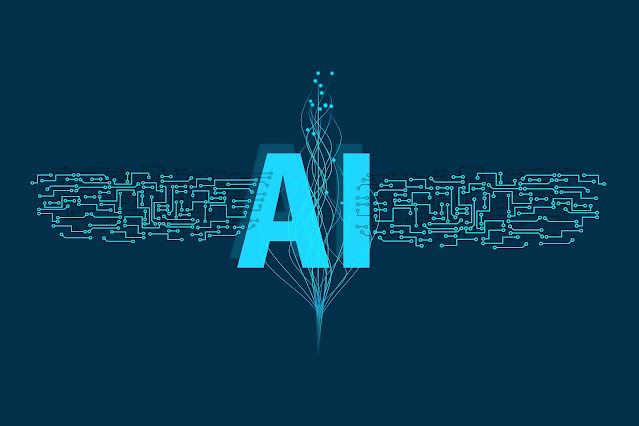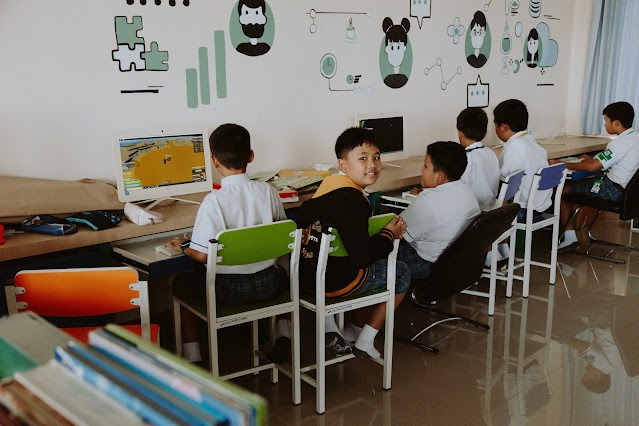The primary purpose of the service is to suggest research themes and provide helpful tips to students as they conduct their investigations. For example, if a student asks, "How can I study the biology of dinosaurs?" the AI will offer advice such as "How about finding out what they ate?" without providing exact answers, ensuring that the students still engage actively in the learning process.
It's important to note that the service is tailored for
educational use and follows government guidelines that limit the technology's
application in schools. As a result, it cannot be used to write a book report
directly, but it can offer valuable guidance on how to approach the task.
In response to concerns about overreliance on AI for academic
work, the service is designed to encourage critical thinking and independent
research. To achieve this, there will be a cap on the number of questions
students can ask per day, and the information provided by a student will not be
used to assist other students' inquiries.
This new offering comes after Japan's education ministry issued
guidelines emphasizing the need for caution in using AI-assisted tools by
elementary school students, while also stressing that presenting AI-assisted
work as one's own will be considered cheating.
Benesse collaborated with Microsoft Corp. to develop this
generative AI service. As a company known for its correspondence education
materials, Benesse plans to explore the possibility of offering other types of
AI-powered services in the future.
With this new AI-powered service, Benesse aims to enhance the
learning experience for young students, guiding them through their research
projects and fostering critical thinking skills, all while adhering to
responsible and ethical AI usage in education.
However, concerns about data privacy arise as corporations delve
into the data collected from students. Although the service is governed by
strict guidelines and requires parental consent, the question remains: how will
this data be utilized in the future? As the trial event showcased promising
results, Benesse may further explore AI-powered services, revolutionizing
education. It is now up to parents, teachers, and policymakers to contemplate
the balance between technological advancement and ethical considerations for
the betterment of young learners. Is this the dawn of a new era in education or
a harbinger of potential challenges that need to be addressed? Only time will
tell.
Related Articles:
Softbank Launches Cutting-Edge AI For Corporate Clients
Unveiling the Future: AI Digital Clones Redefine Human Connections and Toy Possibilities
Exploring Society 5.0: Toyota Motor Corp Drives the Future of AI and Smart Cities





Comments
Post a Comment